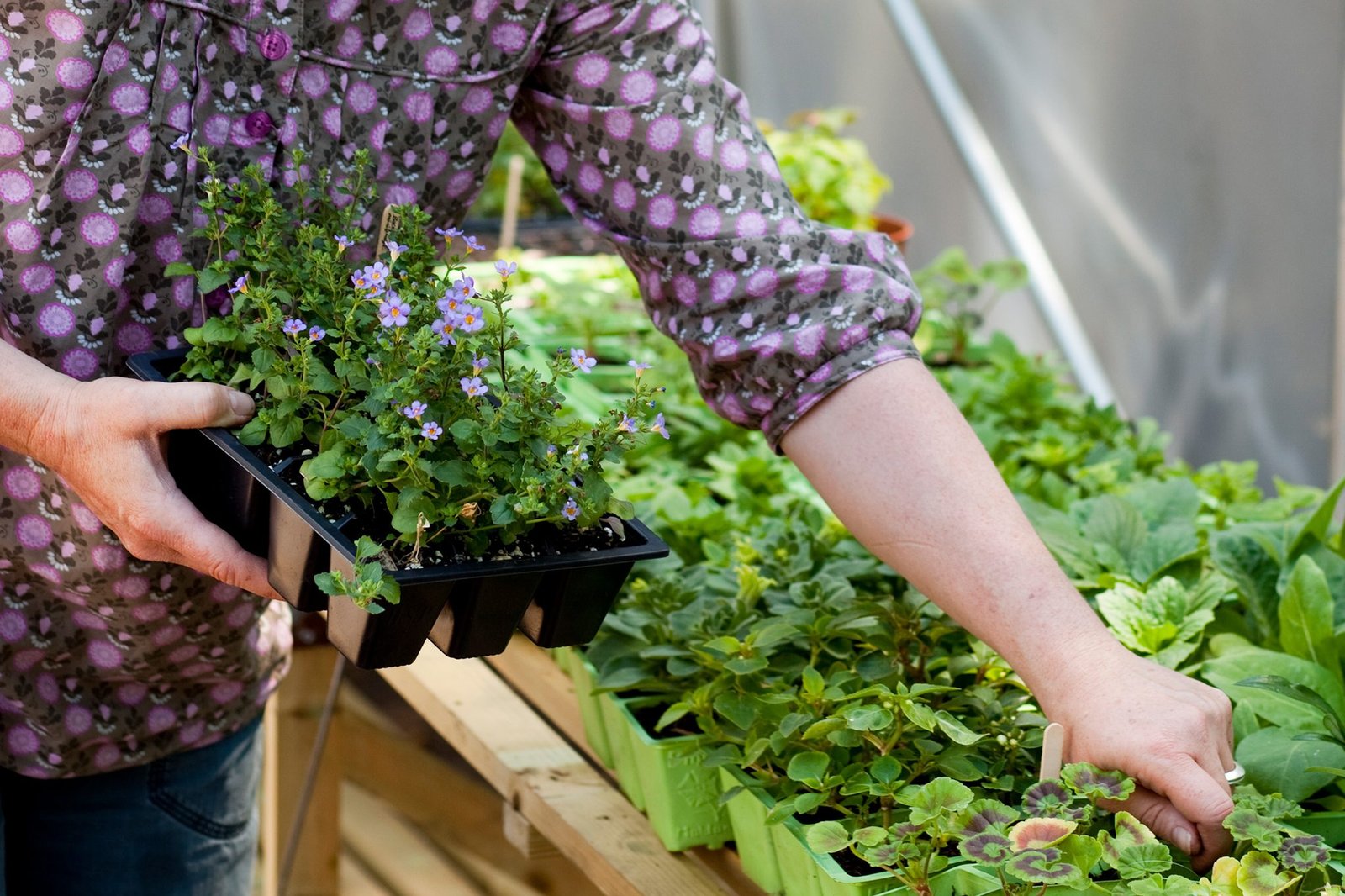The bacopa plant, scientifically categorized under the family Plantaginaceae, is a perennial herb that has garnered significant attention for its cognitive-enhancing properties. Predominantly recognized by the species Bacopa monnieri, this aquatic plant is native to a variety of environments, specifically wetlands and marshy areas, thriving in regions with warm tropical and subtropical climates. Its green, fleshy stems and small, white flowers make it visually distinctive within its ecological niche.
Historically, the bacopa plant has played an essential role in traditional medicine, particularly in the Ayurvedic system, where it is revered for its therapeutic attributes. Its usage can be traced back over three thousand years, where it was often employed to enhance memory and concentration, underscoring its significance in cognitive health. Ancient texts highlight the importance of Bacopa monnieri in improving mental clarity and facilitating spiritual practices, making it a vital element in holistic treatments.
Regions such as India, Southeast Asia, and parts of Africa serve as the primary habitats for the bacopa plant, where it thrives in sunny, humid environments. Besides its cultural and historical significance, contemporary research has reinforced the plant’s reputation as a natural nootropic, with studies indicating its potential benefits for memory improvement, reduced anxiety, and better overall mental performance. The ongoing exploration into the bacopa plant not only highlights its relevance in modern herbal medicine but also showcases the interconnection between traditional practices and contemporary scientific investigation. This foundational understanding sets the stage for a deeper dive into the multitude of uses and advantages that the bacopa plant offers as a cognitive enhancer.
Health Benefits of Bacopa
The bacopa plant (Bacopa monnieri) has garnered significant attention in both traditional medicine and modern research for its impressive array of health benefits, particularly concerning cognitive enhancement. Various studies suggest that this herb may improve memory, learning capabilities, and overall cognitive function, making it a subject of interest for those seeking natural ways to boost brain health.

One of the primary components of the bacopa plant is bacosides, which are bioactive compounds known to support neuronal health. Several clinical trials have demonstrated that participants who consumed bacopa extract exhibited notable improvements in memory recall and information retention. For instance, a study published in the journal “Psychopharmacology” highlighted that individuals who ingested Bacopa monnieri over a 12-week period showed significant advancement in cognitive performance compared to a placebo group.
Moreover, bacopa is recognized for its potential to alleviate anxiety and stress. Research indicates that it may help regulate cortisol levels, thus promoting a calmer state of mind. A systematic review published in the “Journal of Ethnopharmacology” found that individuals using bacopa experienced reduced levels of anxiety and stress, likely attributed to its adaptogenic properties that facilitate better adaptation to stressful situations.
While the bacopa plant is generally regarded as safe for use, it is essential to consider potential side effects. Some users have reported mild digestive discomfort or fatigue, particularly with high doses. As with any supplement, it is advisable to consult with a healthcare professional prior to incorporating bacopa into a wellness routine, especially for individuals with underlying health conditions or those who are pregnant or nursing.
In conclusion, the bacopa plant presents a promising range of benefits, particularly for cognitive enhancement and stress reduction. By understanding its effects and considering proper usage guidelines, individuals may harness its potential for improved mental health and overall well-being.
Cultivation and Care of Bacopa
The Bacopa plant, recognized for its potential cognitive benefits, can be cultivated successfully both indoors and outdoors. When selecting a location for this perennial herb, one must consider its light requirements. Bacopa thrives in bright, indirect sunlight. While it can tolerate partial shade, prolonged exposure to low light may hinder its growth and flowering. For indoor cultivation, placing the plant near a window that receives filtered light will yield optimal results.
Regarding soil conditions, Bacopa prefers well-draining potting mixes that retain some moisture without becoming waterlogged. A mix containing peat moss, perlite, and organic compost is ideal, as it provides the necessary nutrients while ensuring adequate drainage to prevent root rot. Maintaining a slightly acidic to neutral pH, around 6.0 to 7.0, is advantageous for the health of Bacopa plants.
Watering is a crucial aspect of Bacopa care, as it enjoys consistently moist soil. It is advisable to water the plant thoroughly whenever the top inch of soil feels dry. However, caution should be exercised to avoid overwatering, which can lead to fungal diseases. In outdoor settings, regular rainfall may suffice, but during drier spells, supplemental watering is necessary to maintain soil moisture.
Propagation of Bacopa can be accomplished through stem cuttings or seed sowing. For cuttings, select healthy stems, remove the lower leaves, and plant them in moist soil. Seeds can be sown directly in prepared beds or started indoors in seed trays. Both methods require warmth and adequate moisture for successful rooting.

Lastly, it is essential to monitor Bacopa for common pests such as aphids and spider mites. Regular inspection and the use of natural insecticidal soap can effectively manage infestations. By following these guidelines for cultivation and care, gardening enthusiasts and herbal remedy practitioners can successfully grow their own Bacopa, harnessing its potential health benefits in their daily lives.
Incorporating Bacopa into Your Lifestyle
Integrating the bacopa plant into your daily routine can be both beneficial and enjoyable. One of the most popular methods is through tea. To prepare bacopa tea, steep 1-2 teaspoons of dried bacopa leaves in boiling water for 10-15 minutes. This infusion can be enjoyed hot or cold, making it a versatile beverage that can be consumed throughout the day. Additionally, you can sweeten it with honey or add lemon for an enhanced flavor, contributing to an enjoyable drinking experience while benefiting from the cognitive enhancing properties of this remarkable herb.
Smoothies are another excellent way to incorporate the bacopa plant into your diet. Simply grind dried bacopa leaves into a fine powder and blend it with your favorite fruits, yogurt, or plant-based milk. A typical recipe could include spinach, banana, almond milk, and a teaspoon of bacopa powder. This not only provides a nutrient-dense treat but also allows for the synergistic effects of other ingredients that may further support brain health.
For those seeking a convenient option, bacopa supplements are available in capsule or tincture form. The recommended dosage varies but typically ranges from 300 to 600 mg of bacopa extract daily. It is advisable to start with a lower dosage and gradually increase it to gauge individual tolerance. Before beginning any supplementation, consulting with a healthcare professional is prudent, as they can provide personalized guidance based on specific health needs.
Additionally, combining the bacopa plant with other cognitive-enhancing herbs, such as ginkgo biloba or rhodiola rosea, may amplify its effects. This synergistic approach allows for a more comprehensive strategy to support mental clarity and focus. Such combinations can also offer various additional health benefits, making the inclusion of bacopa in your wellness routine not only effective but also enjoyable.

